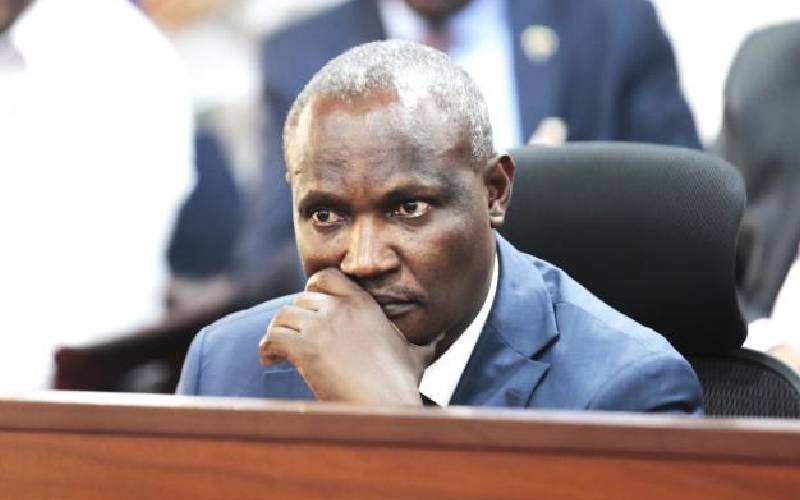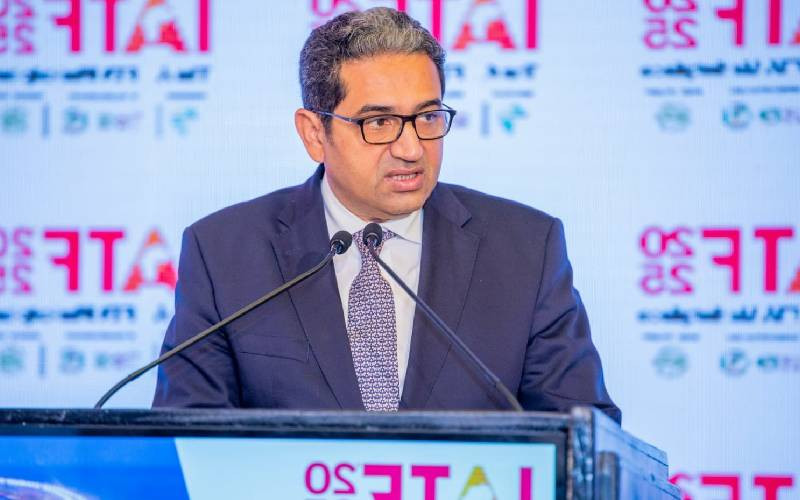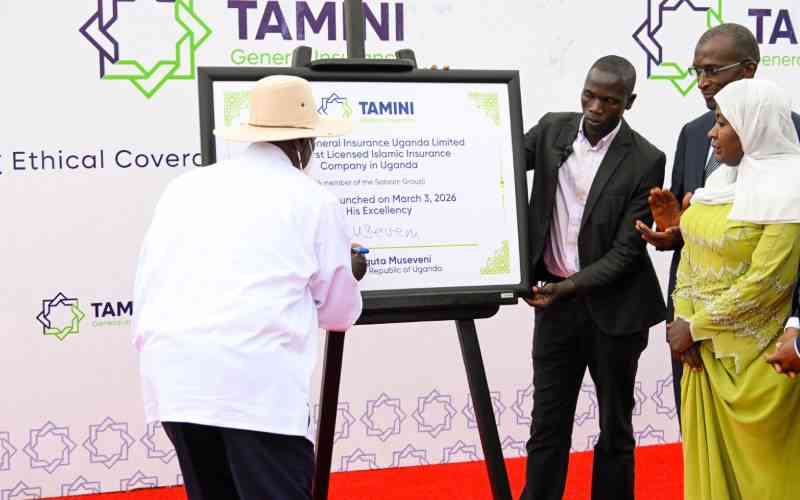×
The Standard e-Paper
Fearless, Trusted News

The thought that one day after giving your productive years to your employer or investing in other income-generating activities, you will have to retire, can be scary.







